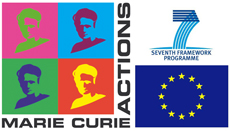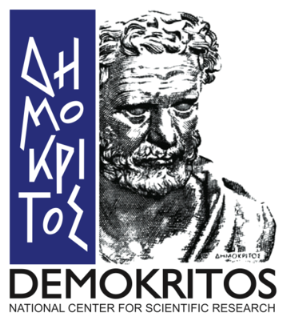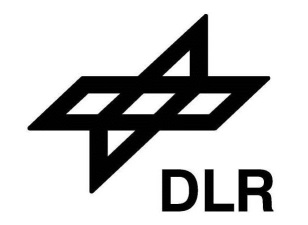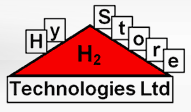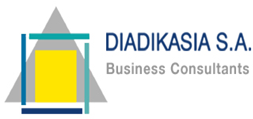Consortium
National Center for Scientific Research Demokritos, Greece
The NCSRD-EREL staff will get the chance to exchange know-how with the DLR group, transfer knowledge to the participating SME’s and obtain new expertise in areas complementary to their current ones (e.g. in upscaling material production processes, storage system level engineering, integrated heat management at pilot scale). Thus, through ATLAS-MHC, NCSRD-EREL will expand significantly its range of RES - hydrogen activities, will apply its R&D findings and experience on pilot scale, market oriented applications, will enhance the range of its collaborators (especially in industry and SME’s) and will boost its potential for the establishment of an internationally renowned H-storage center of excellence in its premises.
Additional, specific benefits for NCSRD-EREL in ATLAS-MHC include:
- The advanced simulation and optimization tool that EREL employs for thermal design of storage tanks will be extended via the addition of new models and approaches and will be tested in several case studies and realistic storage systems that will be considered in the project.
- The advanced characterization facilities that EREL already employs and continuously upgrades will be extensively utilized to study novel materials both at the laboratory scale and at upscaled quantities.
The German Aerospace Center, Germany
DLR’s Institute of Solar Research has huge experience both in the production of Hydrogen via Concentrated Solar Power (CSP)-aided thermochemical cycles, as well as on the coupling of RES (solar energy) with Hydrogen production systems (e.g. preparing, installing, starting up, testing, operation and evaluating dedicated demonstration plants for solar-powered, high-temperature electrolyzers. Dr. Christos Agrafiotis is currently a Senior Researcher in the Institute of Solar Research of DLR in Cologne, having been previously (09/12–08/14) an EU Marie-Curie Research Fellow there. His research activities over the last decade are targeted on the exploitation of concentrated solar power for production of solar fuels and Hydrogen in particular; in this respect he has participated in many EU-funded research projects in these areas, having coordinated several of them and being among others a member of the HYDROSOL 2006 Descartes Prize Laureate Team. This project will give DLR the opportunity to investigate a new research area of developing and evaluating hydrogen compressors, as well as, an advanced integrated system for renewable energy storage.
HYSTORE Technologies Ltd., Cyprus
This SME is extremely active on providing applicable engineering services such as the design of products and systems for efficient hydrogen storage, production, purification, and fuel Cells. ATLAS-MHC will allow HYSTORE to exploit further their current know-how for the development of new products (e.g hydrogen-fueled internal combustion engines). This expansion of the range, scale and quality of products will offer new possibilities for the company in a number of applications of wide international interest.
The highly qualified scientists that will be seconded, recruited and integrated in the R&D activities of the partners will not only provide support to current activities of HYSTORE but also advance existing capabilities in high priority research areas and promote the present staff capacities (in R&D and research management). This will lead among others to a dramatic improvement of the potential for participation in corresponding FCH JU and Horizon 2020 projects. New markets (e.g. fuel cell systems, energy generation, combined heat and power) will also open for HYSTORE thus improving its competitiveness in the European energy market.
DIADIKASIA SA, Greece
DIADIKASIA Business Consultants S.A. is in close partnership with a number of credible academic institutions, research centres and organizations in Greece and abroad and is currently working in a number of countries including Turkey, Northern Cyprus and Western Balkans.
The functional characteristics of the company are constant know-how development based on research activities, systematic updating and international practices and management and administration tools surveillance, integrated services and information technology (IT) solution support, and integrated professional and scientific training.
The general benefits for the seconded scientists and engineers of the partners are:
- The possibility to work on several very interesting, relevant scientific projects
- Opportunity to work in top research groups at DLR (DE), and NCSRD (Greece)
- Opportunity to work at real industrial/Market environment
- Opportunity to publish articles
- The possibility to attend scientific conferences
- To co-operate with well-trained technical staff and use outstanding equipment
It is expected that transfer of knowledge between partners will continue after the end of the project. More industrial problems will be considered jointly with emphasis on the clean energy generation from hydrogen. New commercial markets will be feasible to arise for the SME’s beyond their national level and in particular in the European Market. The SME’s, based on ATLAS-MHC’s developments, may well adjust and promote their services and products in collaboration with the Research Institutes.
